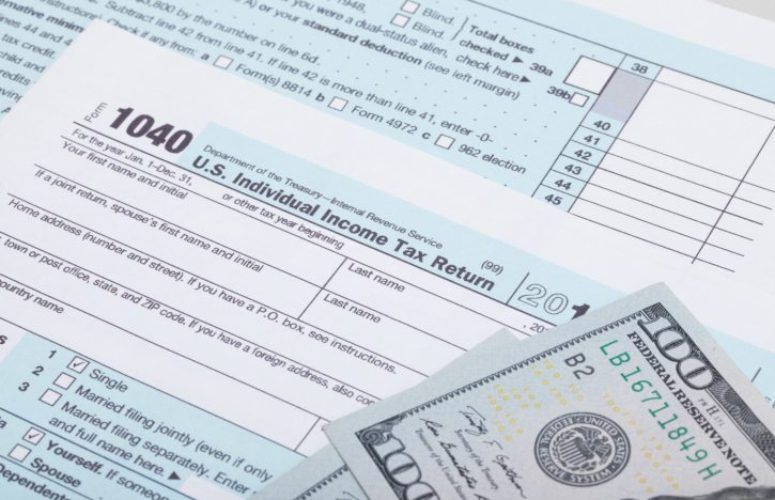
NJ Cool Program Aims to to Reduce Greenhouse Gas Emissions
On Nov 16, 2023The New Jersey Economic Development Authority (NJEDA) Board approved the creation of a new pilot program that will provide grants to commercial building owners and tenants undertaking retrofit construction projects that reduce greenhouse gas emissions from existing commercial buildings. The $15 million NJ Cool program will start as a pilot for projects in Atlantic City, Edison, and Newark.
These three communities have significant numbers of commercial buildings that will be potential applicants for the program, are municipalities with high commercial energy usage, represent the different geographic regions of the state, and most critically are considered Overburdened Communities per the New Jersey Environmental Justice Law. The NJEDA may seek Board approval to expand the pilot program in the future to include other municipalities across the State.
“Under Governor Phil Murphy’s leadership, New Jersey is combatting the effects of climate change by supporting projects that will reduce our carbon footprint, creating a cleaner and greener state,” said NJEDA Chief Executive Officer Tim Sullivan. “The NJ Cool Program will help fund the transition of commercial buildings to clean energy systems in overburdened municipalities, which will improve the health of families and kids living in these communities. The program will also bolster New Jersey’s clean energy industry by creating jobs and strengthening our economy.”
The NJEDA will provide grants of up to $1 million to applicants for eligible hard construction costs for energy efficiency projects, such as updating a building’s heating and cooling system.
This pilot is funded by the Regional Greenhouse Gas Initiative (RGGI) proceeds allocated to NJEDA under the RGGI Strategic Funding Plan: Years 2023-2025. It is the first investment of NJEDA RGGI funding to be allocated towards the plan’s Initiative One: Accelerate Healthy Homes and Building Decarbonization.
In addition to reducing emissions, the program will accelerate the adoption of more environmentally friendly building systems, technologies, and construction practices within New Jersey.
Commercial buildings alone account for 10 percent of total greenhouse gas emissions in New Jersey. In line with Governor Murphy’s vision to bolster New Jersey’s clean energy economy and reduce dependence on harmful pollutants, the pilot builds upon the NJEDA’s efforts to support the State’s innovative clean energy industries and further the Governor’s goal of reducing statewide greenhouse gas emissions to 80 percent below 2006 levels by 2050.
To access more business news, visit NJB News Now.
Related Articles:





